Despite Class B downgrade, analysis of transmission, mutations to continue
In the wake of COVID-19 being managed as a Class B infectious disease, Beijing will establish a new scientific monitoring and warning system for its epidemic control and prevention, a senior official in the capital said on Monday.
Yin Yong, the acting mayor of Beijing, said the city has passed its infection peak and will now conduct regular nucleic acid sampling in society to monitor the ways in which the coronavirus spreads.
"The impact of new variants will also be assessed," he said during an interview with China Media Group.
The monitoring and warning system covers detection and monitoring in many areas, including residential nucleic acid and antigen tests, COVID-19 cases in medical institutions, the community infection level, the nucleic acid tests of entry personnel, COVID-19 etiology, symptoms among the student population and sewage monitoring, Li Ang, deputy head of the Beijing Health Commission, said at a news conference last week.
Through the system, the authority can assess the risks of the COVID-19 epidemic in a timely manner and take prevention and control measures accordingly, Li said.
In late December, the Beijing Health Commission said all districts in the city should conduct surveys among elderly residents with underlying diseases and perform graded health management.
Yin said during the interview that special attention would be given to the elderly, people with underlying diseases, children, pregnant women and disabled people to lower their infection risks.
"Hospitals at the community level will provide oxygen therapy to the elderly with low blood oxygen. Meanwhile, Beijing will continue to promote vaccination and take preventive measures for people at risk of critical illness," he added.
Community hospitals have distributed pulse oximeters to the elderly and other high-risk groups.
According to its acting mayor, Beijing will develop and improve its medical service system, including its emergency transfers, outpatient and emergency reception services, the treatment of critical illnesses and a grade-based medical system.
"Grassroots medical institutions play a key role in COVID-19 prevention and control because of their proximity to those in need. Therefore, Beijing will continue to offer more medical resources to primary hospitals," Yin said.
Beijing will enhance support to rural and community medical centers by assigning them to designated medical facilities in an effort to encourage people to go to grassroots medical institutions, according to a document released by the Beijing Medical Insurance Bureau on Sunday.
It said 90 percent of all outpatient and emergency treatment costs for patients with suspected symptoms of COVID-19 can be reimbursed from the municipal government before April 1, if the treatment was administered from a Grade 2 and lower level designated medical institution.
Guo Changling, 68, recently received treatment at Dongfeng Community Hospital in Chaoyang district.
"I have not been to any other major hospitals for years because the community hospital has been able to meet all of my medical requirements," he said.
Wang Songsongcontributed to this story.









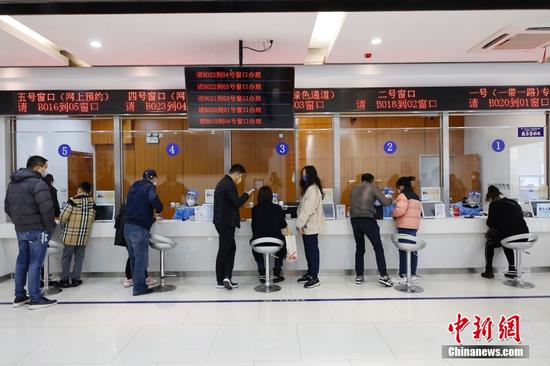




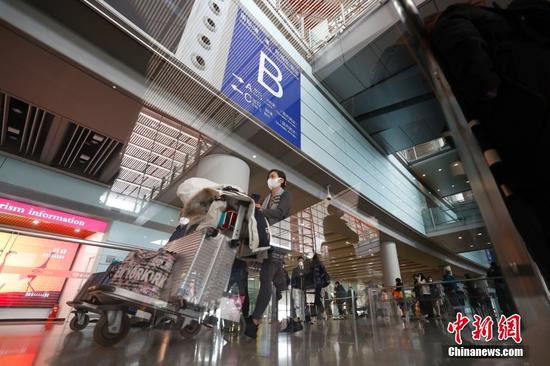







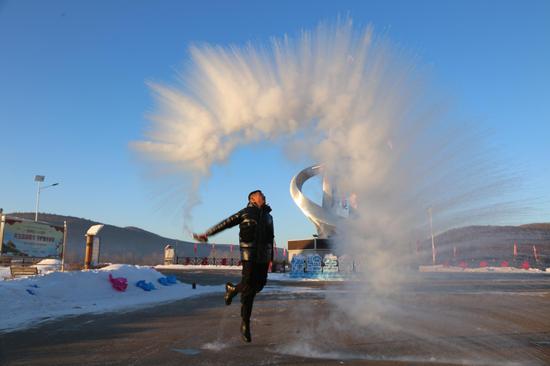
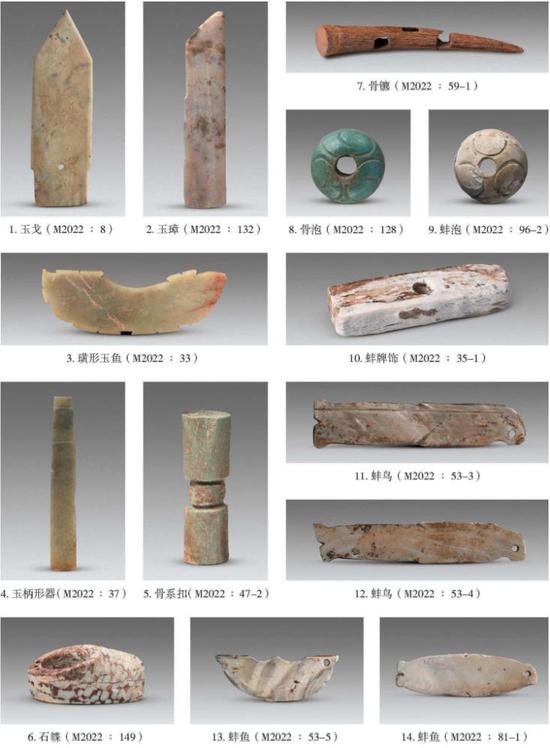


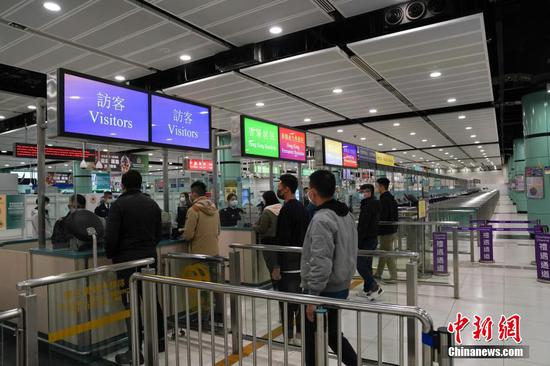

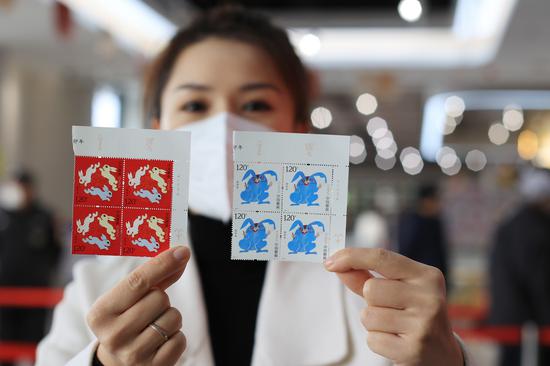



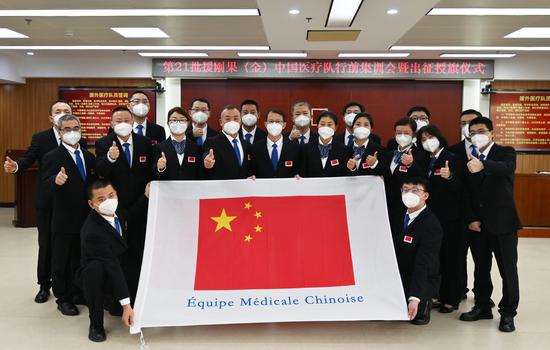



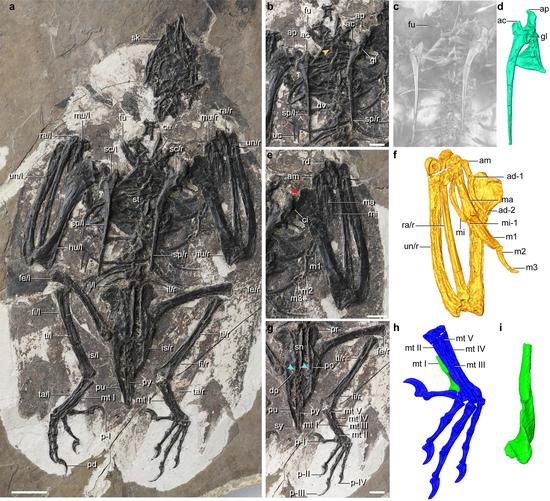













 京公网安备 11010202009201号
京公网安备 11010202009201号